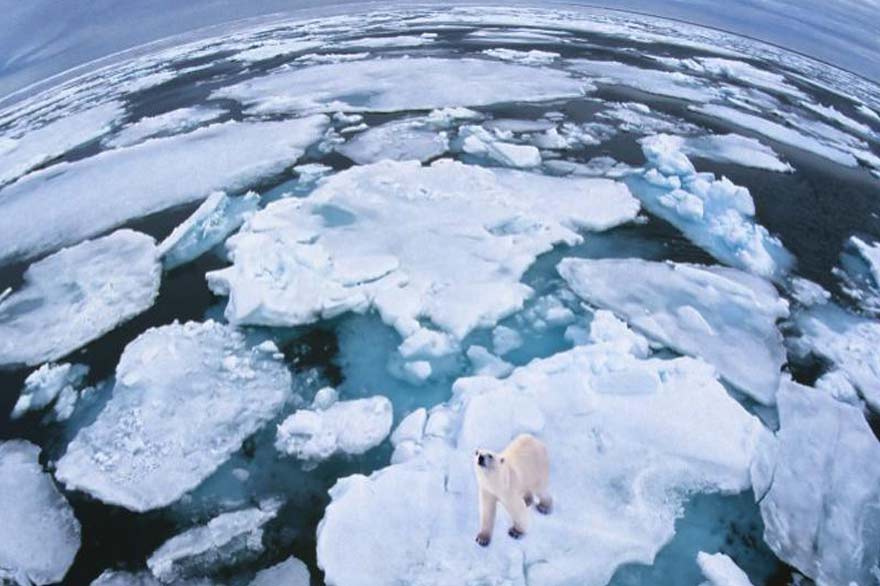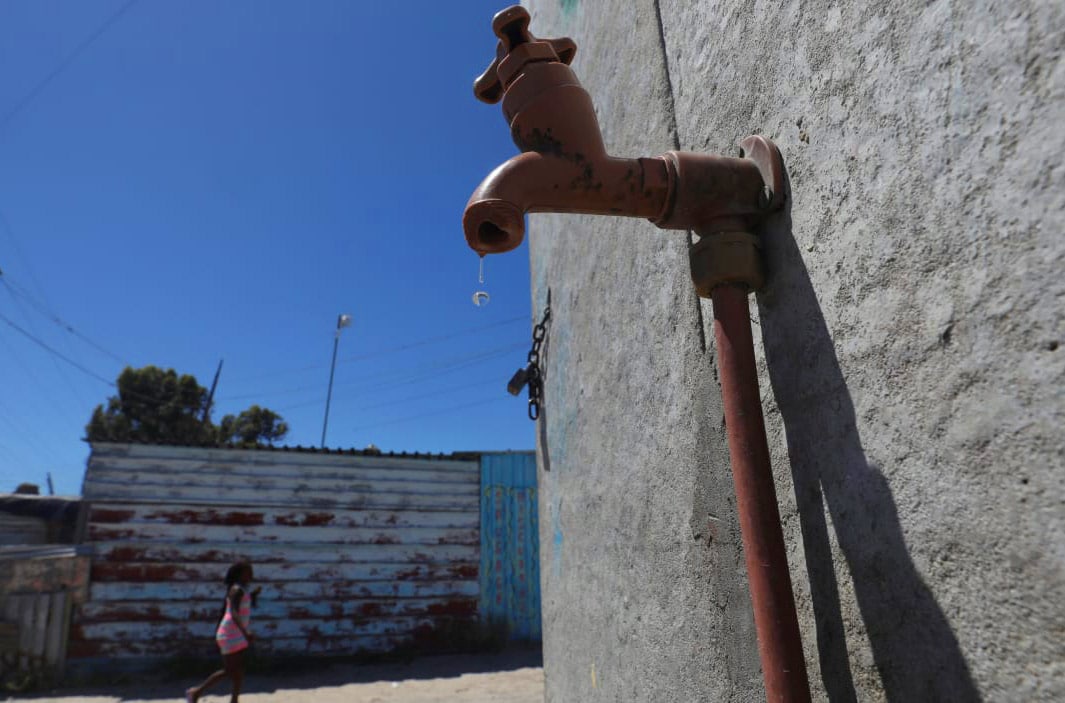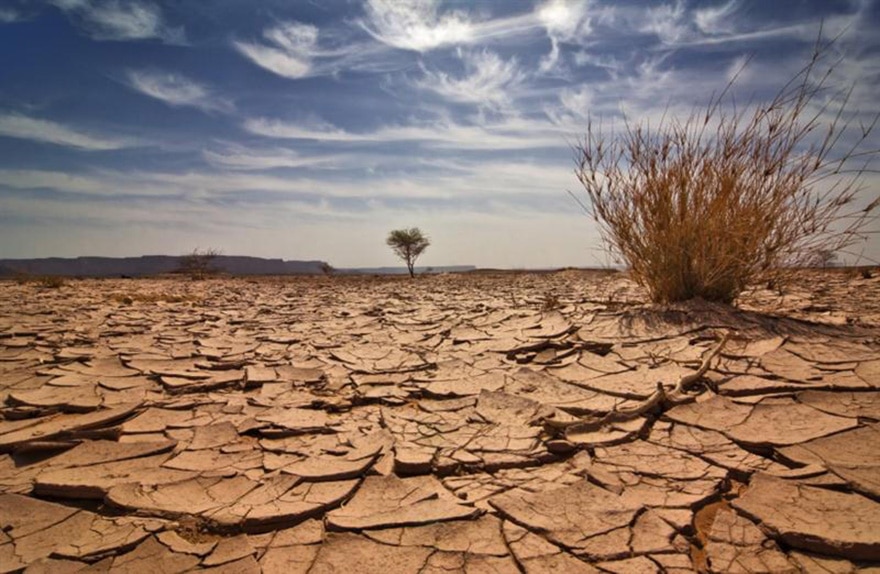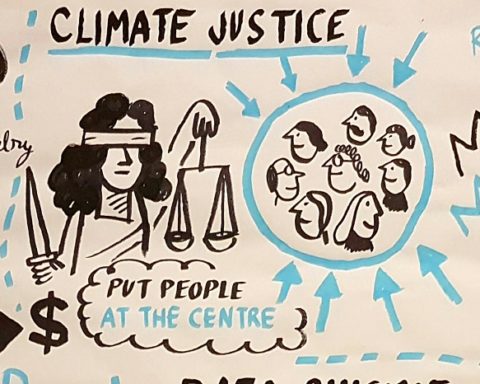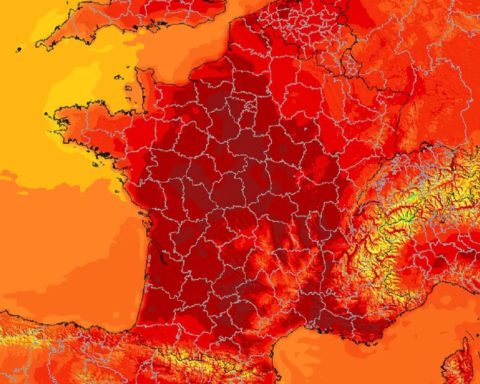France is preparing to receive the international climate community once again. From 13 to 16 March 2018, it will host the 47th session of the International Conference on Climate Change.e session of the Intergovernmental Panel on Climate Change (IPCC). This event provides an opportunity to celebrate the 30e anniversary of the IPCC, but also to consider its crucial role for global climate policy.
Enhanced legitimacy
The World Meteorological Organization (WMO) and the United Nations Environment Programme (UNEP) jointly established the Intergovernmental Panel on Climate Change (IPCC) in 1988. Its main mission was initially to provide answers to two questions: "Is the Earth's climate changing? "and "why is it changing? ». Thirty years later, the IPCC's efforts have provided clear and unequivocal answers to these two questions: "Yes, the Earth's climate is changing, and human activities are largely responsible for this phenomenon".
Through the production of its Assessment Reports (ARs) presenting peer-reviewed scientific work, the IPCC played a key role in supporting the political momentum during this period. Its first AR (published in 1990) made a decisive contribution to the creation of the United Nations Framework Convention on Climate Change (UNFCCC), the main international institution to address the challenges of climate change. Since then, the regular updating of scientific knowledge in successive IPCC reports has prompted policy makers to take part in international efforts, supporting the adoption of the Kyoto Protocol (1997) and the recent Paris Accord (2015).
A new mandate
So what is the role of the IPCC in 2018, given the new political landscape created by the Paris Agreement? The current context is marked by different types of information, facts and analyses concerning climate change. On the one hand, recent information points to record temperatures at the North Pole, upwardly revised forecasts of sea level rise due to melting ice caps in the Antarctic, risks to the climate system, and so on. increased severe droughts in Europe's towns and cities, and so on And according to some analysts, the possibility of achieving the Paris Accord objective of limiting global warming to +2°C compared to pre-industrial levels is moving away. On the other hand, the data show that greenhouse gas emissions have already begun to peak in almost 50 countries, thanks to the effective deployment of mitigation technologies and national policies. The IPCC is currently playing a key role in helping to unravel these facts and shape the response of the international community, following a major change in its mandate in 2015. The decision taken at COP21 directly invites the IPCC to produce a special report on the +1.5°C climate stabilization target, and the Paris Accord establishes the establishment of a Global Climate Report. (Global Stocktake) established every five years and covering the implementation of the Agreement, taking into account "best available science", for which the IPCC is of course expected to provide direct input.
This new mandate led to a major reorganization of the 6e IPCC evaluation cycle (2016-2023). In addition to the above-mentioned 1.5°C Global Warming Report and the central document - the Assessment Report (AR6) -, the 6e The cycle will include two other special reports (on ocean and cryosphere, and land use, respectively) and a methodological report (on national greenhouse gas inventories).[4]. The timetable for these reports has also been established to coincide the release of key documents with important policy milestones on the intentional agenda - the Special Report on the 1.5°C Warming in October 2018 in advance of the 2018 Facilitation Dialogue, and the AR6 in 2021-2022 in the run-up to the 2023 Global Assessment.
While the UNFCCC is responsible for maintaining a constructive working climate to ensure the effective adoption of the rules implementing the Paris Accord, the key task of the IPCC is to provide the scientific arguments to frame the discussions between policy makers and stakeholders. The publication of the special report on the 1.5°C warming in October 2018 is the first milestone in this new IPCC cycle and will be essential in anchoring the IPCC in its new mandate. This report is eagerly awaited by the scientific community as well as by policy makers and civil society to guide the discussions at the next COP in Poland (Katowice) (COP24) in December this year on how to achieve the ambitious climate targets set by the Paris Accord.
New challenges
We can identify three major challenges for the ROE6 cycle:
- Firstly, the IPCC's mission is to take stock of recent data showing the intensification of signs of climate change (e.g. those related to melting ice caps), which implies re-evaluating the AR5 projections. This new assessment is essential to highlight that climate change mitigation and adaptation measures are no longer future challenges, but current concerns that need to be addressed globally. The IPCC must deliver a clear and direct message to the global community about the significant risks that would result from delayed action.
- Second, progress and gaps in mitigation efforts at the global and national levels pave the way for an assessment of the status of progress towards the climate stabilization goal of "well below 2°C/1.5°C". This assessment should be conducted in the light of both country-led target setting and a long-term vision. Indeed, matching short-term actions with long-term mitigation and adaptation goals is both a challenge and the key to successfully transforming all sectors of the economy to build a resilient, low-carbon world.
- Finally, a clear vision of the range of solutions currently being tested or already deployed is needed, in terms of mitigation and adaptation as well as investment and development financing issues. The identification of the most effective levers for climate action should guide and support decision-makers in their efforts to set the right priorities for today and identify opportunities for action in the coming years.
Addressing these three challenges will be essential to support the first Comprehensive Review in 2023. The path will not be easy, knowing that the conclusions of the IPCC should, as always, challenge diplomatic positions and alliances. But whatever the political, social and economic obstacles to be faced in the future, the world undeniably needs an evidence-based understanding of climate change issues, from physical processes to consequences and potential responses. This is and will remain the role of the IPCC.
Happy anniversary to the IPCC, and may its next 30 years see a low carbon and resilient world.
Alexander Magnan, Senior Researcher vulnerability and adaptation to climate change IDDRI
Judith Voss-Stemping, Researcher - International Climate Governance IDDRI
Henri WaismanDeep Decarbonisation Pathways Project Coordinator Iddri
[4] For the report on the 1.5°C warming, Henri Waisman, senior researcher at IDDRI and coordinator of the Deep Decarbonization Pathways Project (DDPP), was appointed lead author of Chapter 5 on sustainable development, poverty eradication and inequality reduction. Concerning the Special Report on Oceans and Cryosphere, Jean-Pierre Gattuso, Director of Research at CNRS and IDDRI Associate Researcher, was designated lead author and coordinator of Chapter 1 on the elaboration and context of the report, and Alexandre Magnan, Senior Researcher at IDDRI, was designated lead author of Chapter 4 on sea level rise and the implications for islands and low-lying coastal areas and the communities that inhabit them.
(Source: Iddri – 12/03/2018)
To go further :
- Article "The Intergovernmental Panel on Climate Change (IPCC)." by Valentin Arvis, Web Editor Fournisseur-Energie.com

